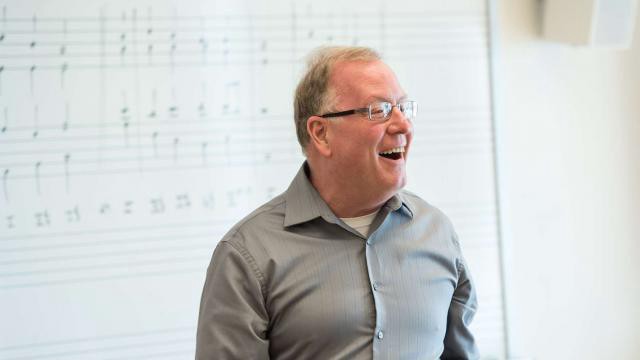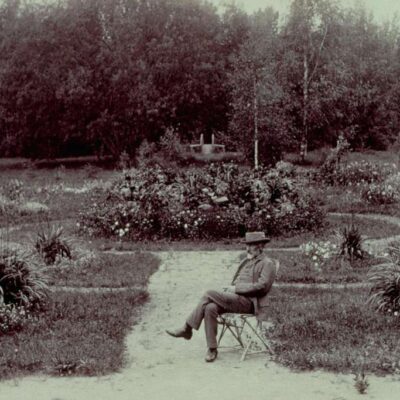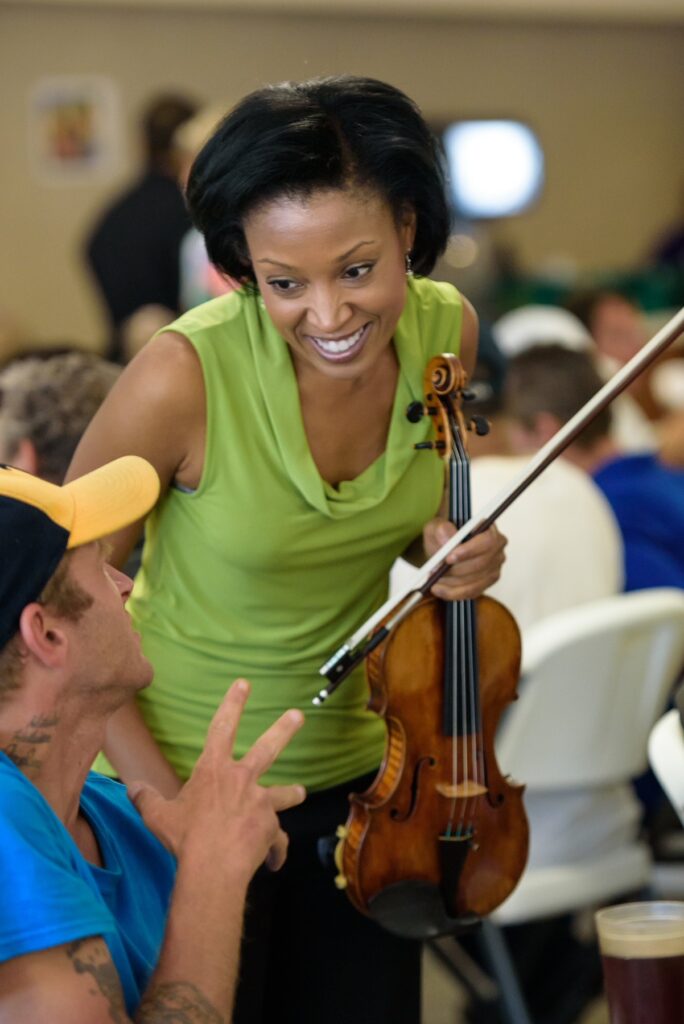
Former Broadway “Fiddler on the Roof” star Kelly Hall-Tompkins talks with us about performing Wynton Marsalis’ Violin Concerto—a piece she considers to be one of the greatest violin concertos of the 21st century—and about bringing Music Kitchen: Food for the Soul to Walnut Creek. Also covered: wine-tasting in Napa, and how Warner Brothers Cartoons influenced her career choice.
Welcome Kelly Hall-Tompkins, soloist in our season opening concert COPLAND—AMERICAN TRADITIONS, playing Wynton Marsalis’ Violin Concerto in D. Can you tell us a little about yourself?
I was raised in South Carolina but knew from an early age that I am a New Yorker. I have lived in New York since coming here to do my Master’s degree.
I’ve been to the Bay Area a few times – to perform the U.S. premiere of the last violin concerto by my friend Siegfried Matthus and my friend Michael Morgan in Oakland, to perform at the Napa Festival and, like everyone, I love California wine country! On a vacation there my husband and I once did a bike/wine tasting trip. Combining 95-degree direct sun with wine tasting and physical exercise is not something I would necessarily recommend(!). However, we still managed to discover a wonderful winery, Lambert Bridge, that went on to generously sponsor wines for my CD release for “In My Own Voice” back in New York. It was my pleasure to perform a recital for their patrons the next time I was concertizing in California.

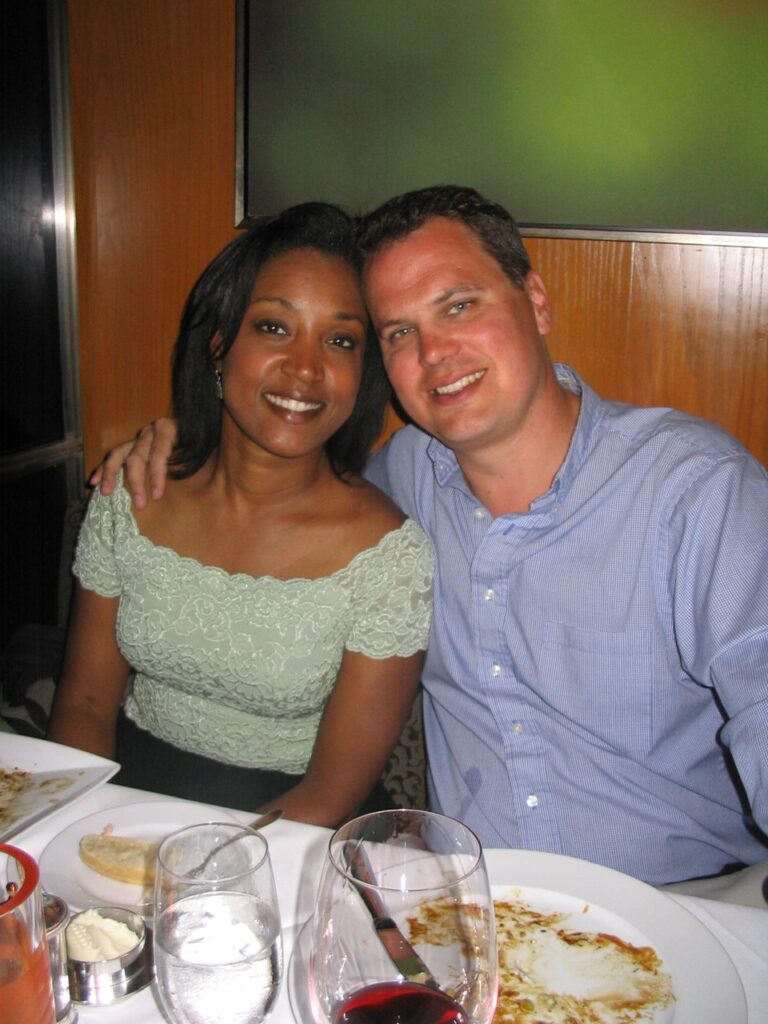
Do you come from a musical family?
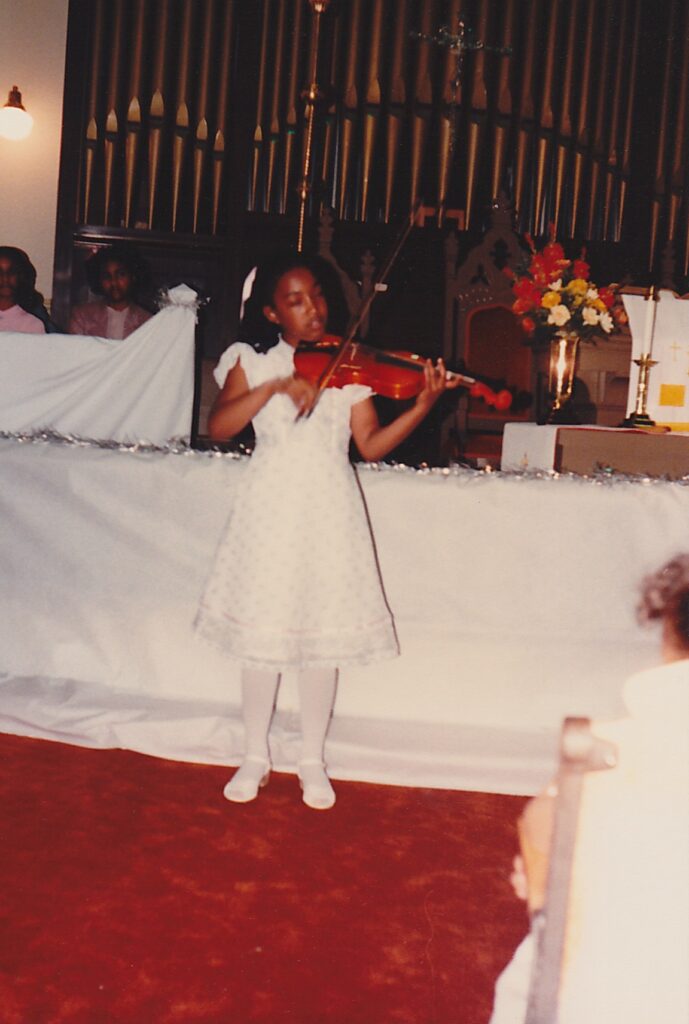
No, I was drawn to classical music of my own accord. I grew up watching Warner Brothers Cartoons on Saturday mornings, which was chock full of both original and standard classical music, and on Sundays in the Lutheran Church, where Baroque music is a central part of the service. I was so steeped in both that when my elementary school took us to see the Greenville Symphony, followed by a string quartet coming directly to the school, I was hooked. So, at 9 years old I decided I wanted to play the violin and knew pretty much instantly that that’s what I wanted to do professionally.
What can you tell us about the Marsalis piece?
I think the Marsalis is one of the greatest violin concertos of the 21st century. It is an incredibly exciting large-scale work which features an unusually large orchestra for a violin concerto. Moreover, it demonstrates Marsalis’ vast knowledge of the canon of both American musical forms and classical music alike, seamlessly intertwining influences of impressionism, Blues, Mahler, Stravinsky, jazz harmony, Samuel Barber, Fiddle traditions, Shostakovich and the African-American Southern Baptist Church.
The piece is very imaginative, evoking rich imagery, from an iconic steam engine train, to a preacher’s sermon to that delicate consciousness just before you fall asleep to the shining optimism of morning. I’m honored to be the first violin soloist to perform the work after is original dedicatee and I absolutely love playing it.
There is a substantial violin cadenza and a part where the violin duets with the drum kit. Can you comment on this interesting pairing?
Since my husband is a percussionist, the pairing is one I am familiar with and have explored before this piece! Similar to the Shostakovich 1st Violin Concerto, the main Marsalis cadenza is a long exploration which ultimately connects the 2nd movement to the 3rd movement. I’ve heard Wynton Marsalis speak about the importance of the train imagery in African-American mythology and the cadenza is a place where I feel he really brings that image to life; the percussion hi-hat helps to bring the train timbre through while also evoking the fast feet taps of a dancer.
We hear your career includes a stint on Broadway. Can you tell us a little about that experience?

Yes, I had the great honor of being the “Fiddler”/actual violin soloist of the most recent Broadway production of Fiddler on the Roof. It was one of the greatest personal and professional experiences of my life- we had an incredible company of actors, dancers, set/sound/costume/lighting designers, many other great artists, plus Director Bartlett Sher.
The musical creative team, Oran Eldor and Ted Sperling, wrote solos especially for me which were not typically in the Broadway score, so I had lots of clay to mold in telling that important story every night for nearly 500 performances. Inspired by that experience, I went on to commission and develop the first ever Fiddler solo album, entitled, The Fiddler Expanding Tradition. Though the Broadway show closed at the end of 2016, I continue to perform my solo album both in recital and with orchestra all around the country and even in London on a live spot on BBC Radio.

You started Music Kitchen in 2005. Can you talk a little about what that is and the work you do?
I founded Music Kitchen – Food for the Soul as the pioneer organization to bring classical music to those experiencing homelessness. I was a volunteer cook at my church shelter at the time and was inspired in a catalyst moment to create the organization after presenting an impromptu performance for the clients there but stemming from many other aspects of my life experience, from my Grandmother’s humanitarianism to my past chamber music experiences.
Since that time, we have presented nearly 130 performances, over 200 top classical artists, including artists such as Emanuel Ax, Albrecht Mayer, Glenn Dicterow as well as many emerging artists, and reached an estimated 30,000 shelter clients. Though we are based in New York City, we expanded to regularly include Los Angeles and have presented additional performances in other cities including Wichita, Rochester, Nashua (NH), Oakland and even Paris France.
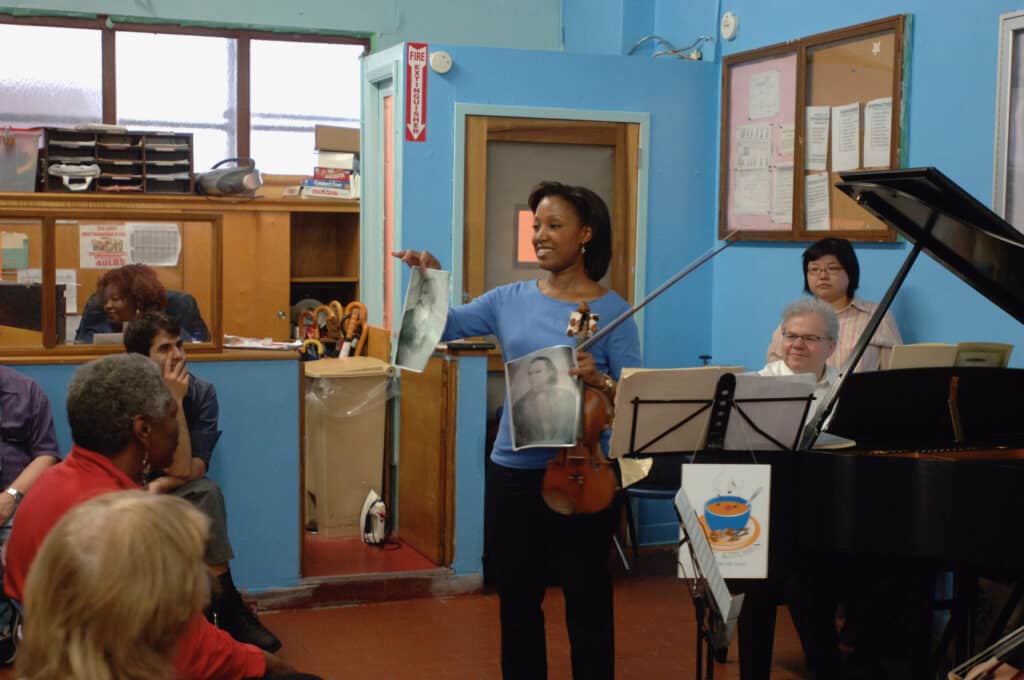
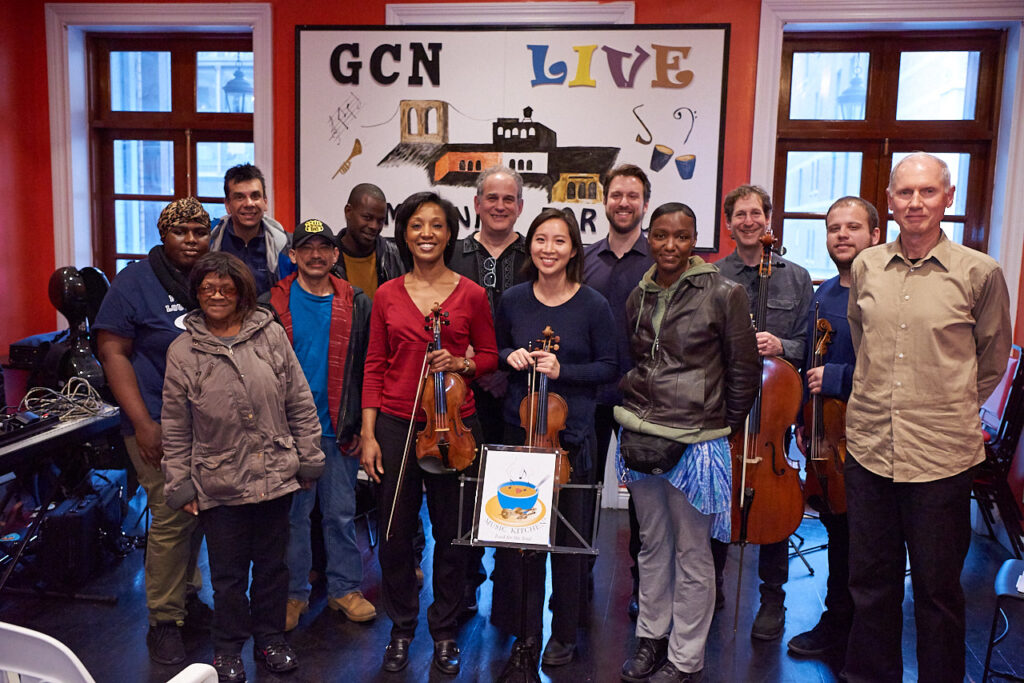
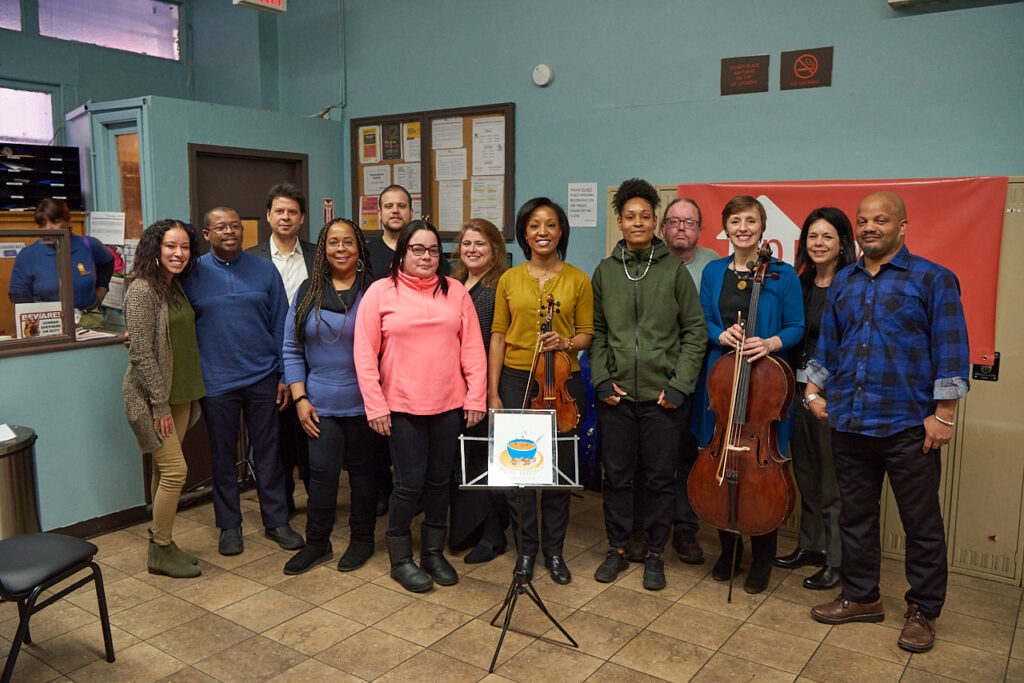
I very much look forward to performing for clients in the Bay Area community once again, at the Trinity Center in Walnut Creek through my appearance with the California Symphony. I’m also excited to share with your audiences a ground-breaking project which we commissioned with support from Carnegie Hall in celebration of Music Kitchen’s 15th anniversary. We created the composite song cycle entitled Forgotten Voices, featuring feedback comments from shelter clients spanning Music Kitchen’s first 15 years, set to music by 15 award-winning composers. We premiered the songs individually in shelters across New York City, one per month over 15 months, then presented the World Premiere of the complete song cycle to a sold-out Carnegie Hall last season. At the Carnegie Hall performance we also debuted Music Kitchen’s short film Face to Face: Forgotten Voices Heard, which went on to win 19 Prizes and Official Selections at film festivals worldwide, including Best Short Documentary at the Berlin Indie Festival, Best Human Rights Film at the Berlin Shorts Film Festival, Best Short Film at the LA Documentary Festival and an Official Selection at the Classical Arts Film Festival in Napa.
I look forward to sharing Face to Face: Forgotten Voices Heard with your community during my week with the symphony. We released the Forgotten Voices album on March 10th of this year and are honored to be among the new submissions for Best Classical Compendium in this season’s Grammy Awards.
Anything else you want to say to our Bay Area audience?
Thank you for welcoming me to your community and I can’t wait to be with you for opening night!
Violinist Kelly Hall-Tompkins performs Wynton Marsalis’ Violin Concerto in D at COPLAND—AMERICAN TRADITIONS, Saturday, September 30 at 7:30 p.m. and Sunday, October 1 at 4 p.m. at the Lesher Center for the Arts in Walnut Creek. Tickets are $45 to $90 and $20 for students 25 and under, and include a free 30-minute pre-concert talk starting one hour before the performance. Buy tickets online or call or visit the Lesher Center Ticket Office at 925.943.7469, Wed – Sun, 12:00 noon to 6:00 p.m.

